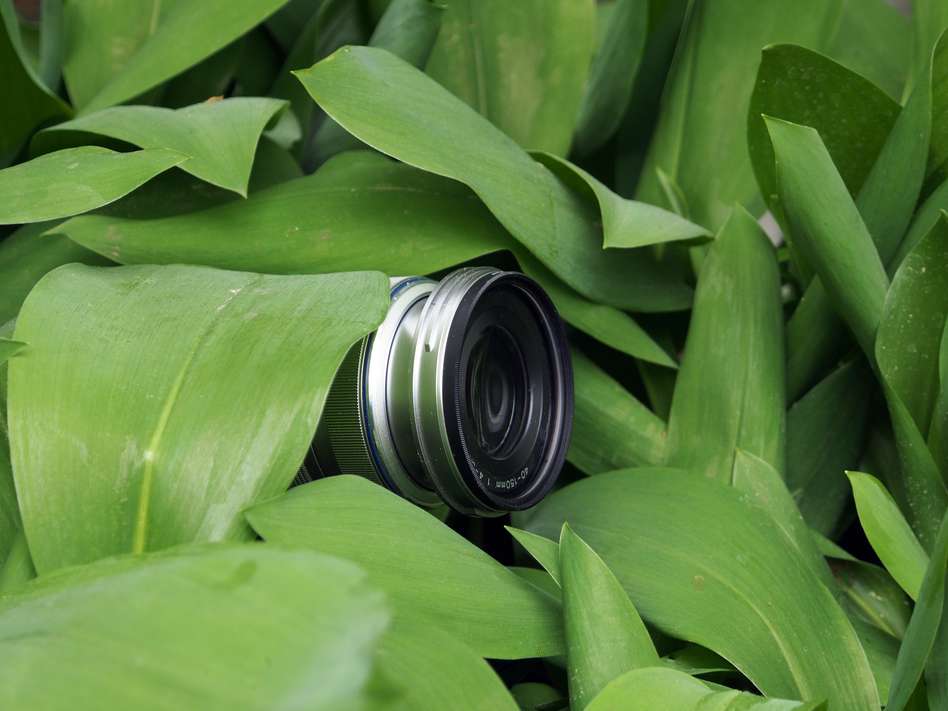The monkey selfie and ownership of copyright

Many will remember the story about the ‘monkey selfie’ from 2011.
The story was hugely entertaining, not least because it was accompanied by a number of rather good photographs, apparently taken by the monkey that got hold of the wildlife photographer’s camera that had apparently been set up to coax the monkeys into pressing the shutter whilst looking into the lens – the results were great – close ups of a monkey looking into a lens and apparently smiling.
The less entertaining fact was that the photographer who had set up the camera to take shots became unwittingly embroiled in a legal battle to prove that he owned copyright in the shots which, whilst not taken by him, had been staged by him so entitling him to copyright. The question for the court was did the photographer or the monkey own the copyright (yes - really). As a photographer, he makes money (and covers the cost of securing shots) by selling the resulting images commercially – the ownership of these very commercial shots was important to his income. Proceedings were in San Francisco which, for the UK based photographer, complicated matters. Those proceedings related to US websites that had been asked to remove the photographs from their websites as there was no permission. The litigation, brought on behalf of the monkey by People for the Ethical Treatment of Animals (Peta), claimed copyright on behalf of an identified monkey from the troop.
Before you start to wonder how one negotiates a copyright licence with a monkey, logic prevailed and the US Copyright Office ruled that animals cannot own copyright under the relevant statute. Peta appealed that ruling and the appeal has only just been heard. Issues before the court included whether Peta were close enough to the monkey to represent it in court, the value of the copyright to a troop of macaques and whether the named monkey suffered any loss in not being recognised as the copyright author. If that sounds bizarre there was even legal debate over whether Peta had identified the correct monkey with the legitimate right to sue the photographer (no monkey was called to give evidence on this point).
Sadly, the ruling came too late to protect the photographer and ensure that use of the photographs were authorised by him, his fee having been agreed. Logistically and evidentially, gathering the evidence of who used the image and overcoming any uncertainty as to liability for the period copyright was in dispute is a task the photographer has indicated he cannot realistically pursue against each individual/organisation that used the image without permission.
Lessons learned? Copyright in the artistic fields is an important tool in protecting commercial interests. The publicity appears to have assisted in the fight to save the crested black macaque from extinction. More importantly, never trust a macaque monkey.
Tees is here to help
We have many specialist lawyers who are based in:
Cambridgeshire: Cambridge
Essex: Brentwood, Chelmsford, and Saffron Walden
Hertfordshire: Bishop's Stortford and Royston
But we can help you wherever you are in England and Wales.
Chat to the Author, Sara Stabler
Senior Associate, Dispute Resolution and Litigation, Cambridge office
Meet Sara
- Areas of expertise
- Accreditations
- Testimonials
Legal 500 UK 2022
Cambridge
Sara Stabler – I was impressed by her approach and knowledge. Someone who knows what they are doing in this area. Approachable, sensible and very client-friendly. I would be happy to recommend clients to her and know they were in good hands.
Legal 500 UK 2022
Sara Stabler is always actively involved and brings a pragmatic and hands-on approach. She is extremely business minded and responsive.
Legal 500 UK 2024
'Sara Stabler is a remarkably thorough and careful solicitor, but also very pragmatic and down to earth'
Legal 500 UK 2023
'Sara Stabler and her team are consistently really strong performers. They have excellent work and it is clear that their clients receive really good service'
Legal 500 UK 2021
"Sara and James are truly excellent exponents of the legal profession and, in terms of ability and incisive thought and delivery, combined with response time, leave contemporaries in some other organisations in the shade."
Legal 500 UK 2021
"Sara Stabler brings a pragmatic approach to litigation, providing realistic solutions for her clients."
Legal 500 UK 2021
"I have worked with Sara Stabler, senior associate at Tees Law, on two matters. One was a complex commercial dispute with a great deal of personal animosity between the parties and the other a challenging trust case. In the trust case, Sara showed a maturity beyond her years, standing up to difficult bullying opponents and, frankly, out-lawyering them. In the other, she conducted the negotiation of a settlement with consummate skill, never overstating her case but arguing with forceful reasoning. In my book, she is definitely one to watch for the future."
Legal 500 UK 2021
"Sara Stabler and Katie Hayes make an outstanding team of advisers. They combine their qualities to provide excellent service to clients. One of the best I have come across."
Legal 500 UK 2021
"Sara will fight for you all the way, if she feels what you have done is right. If anyone has a litigation issue, I would recommend Sara."


